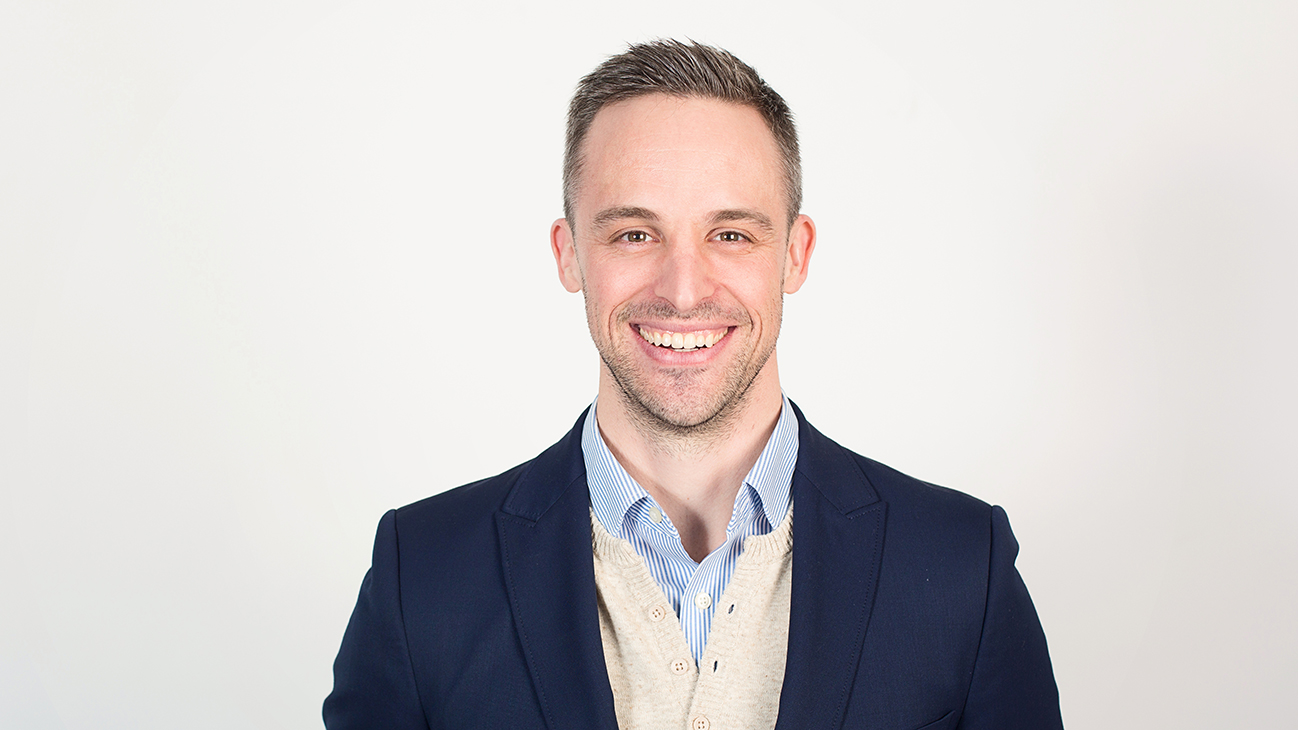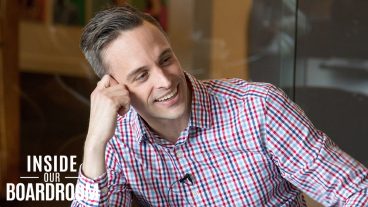Anyone with a pen and paper can pitch a strategy, but, just as in sports, it’s the execution that really counts. I was recently reminded of this, the hard way, during my seventh Ironman triathlon.
I consider my triathlon coach to be one of the best in the field. He had skillfully developed a shrewd strategy for my most important race of the year — detailed and personalized. But after 9 hours of racing, which included 3.8km of swimming and 180km of biking, midway through the marathon, everything fell apart. In triathlete terms, I hit the wall!
Yet, I’d had the perfect day. So, what went wrong? It wasn’t the strategy, it was the execution. Insufficient hydration at the beginning of the race had heavy consequences later on in the day. I had every intention of following the plan. But, once I was fully immersed in the action, I stopped regularly visualizing the plan and, without realizing it, I executed poorly, leading to disappointing results.
The same happens in business. Every week I speak to executives who all have the same message: the pace of change is accelerating. We’re so busy putting out fires that it sometimes feels like we don’t have time to do our work. Client expectations are increasing and so is competition. Let’s not even get into how technology is transforming many workplaces.
To make sure that we’re concentrating on execution and on actions that will generate results, here are a few pieces of advice that I’ve gathered over time, whether during my sports competitions or in my professional life:
- You need triggers and systems. Don’t presume that you’ll remember what to focus on and when. Intention and action come from different places! Put the triggers and reminders in place to make sure that you stay on track.
- Before acting and spending your most precious asset, namely time, always ask yourself: “Is this action aligned with the final goal and does it support it?”
- Reassess often. Don’t presume that you’re on the right track. Be humble and question your actions. Changing directions is always easier when you do it early.
- This means saying no. Execution means learning to say “no” more often than saying “yes”. Recently, I was the keynote speaker for a Fortune 500 company meeting featuring their top 100 corporate leaders. The CEO’s main message was: “We need to learn to say no. We can’t be everything to everybody. I want fewer projects but more attention and resources for the biggest opportunities. We must find the courage to say no to small opportunities in order to reach our goals.”
- Have a clear destination. The clearer the destination, the easier it is to identify the priorities and actions leading to it. It also becomes easier to say no.
- What do I need to do to win? A simple question. Do you spend most of your time on these actions and do you execute the right tasks at the right time?
- Don’t celebrate too soon. Execution requires 100% focus until the end. Keep analyzing the plan, questioning it and reassessing it, and be ready to adapt it, as the environment changes, right up until the end.
- Focus, but don’t obsess. I’ve been to the top of Mount Everest. There are two reasons why some people can’t. Firstly, they refuse to reassess the plan and don’t manage to adapt to a changing environment. Secondly, they’re obsessed with reaching the top and forget the mission — the WHY. In my motivational talks, when I speak to a management team, the mission, our goal and the impact that we have on others are the main elements. Here’s an interesting fact: when the WHY is strong, you discover that you have an unlimited reserve of energy.
Sébastien Sasseville empowers leaders to lead with purpose and inspires organizations to embrace change. An endurance athlete, his extraordinary accomplishments — which include summiting Mount Everest, completing the mythical Sahara race, and running across Canada — are made even more impressive by the fact that he lives with Type 1 Diabetes.
Having held diverse sales roles in several Fortune 500 companies, Sébastien marries his extensive business experience with his inspirational achievements to deliver dynamic messaging on change management, leadership, and teamwork.
Interested in learning more about Sébastien and what he can bring to your next event? Email us at [email protected].




